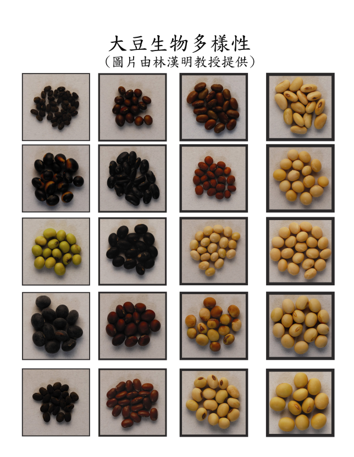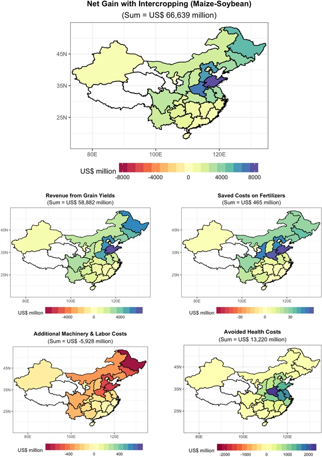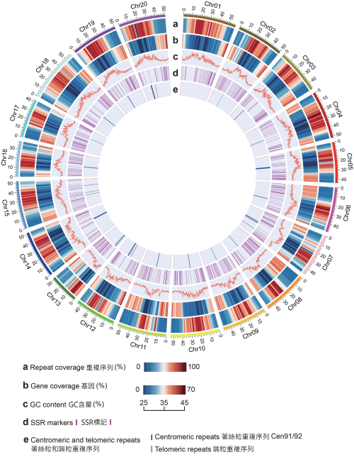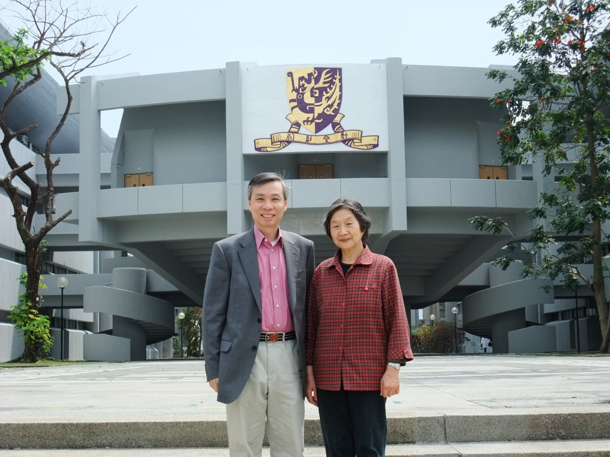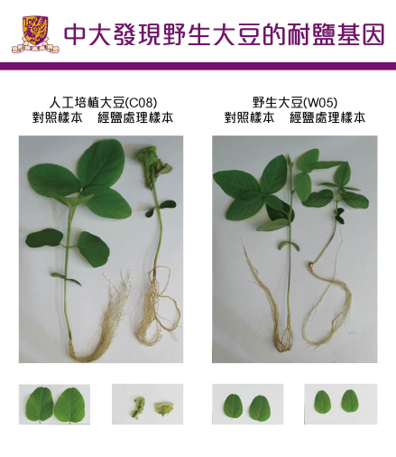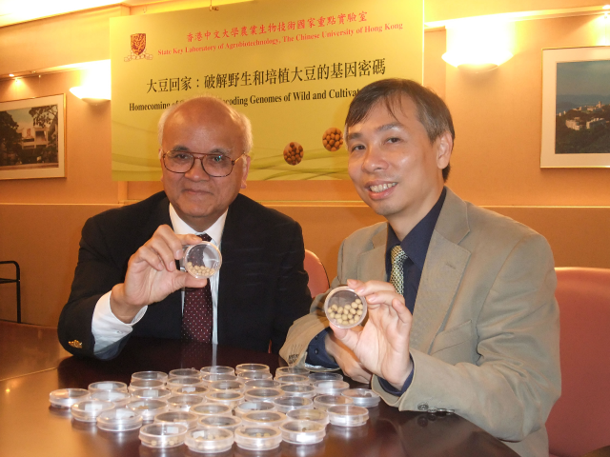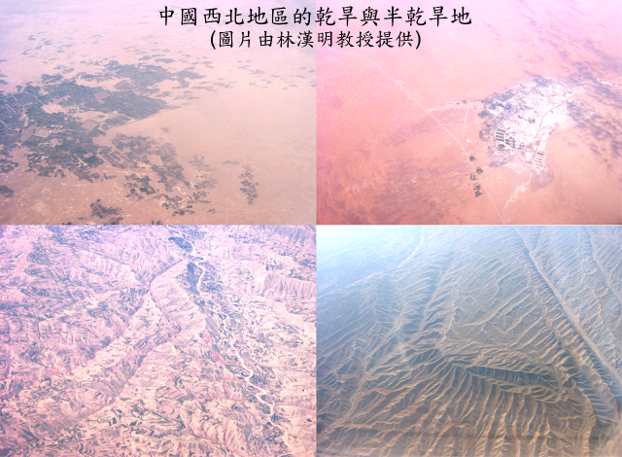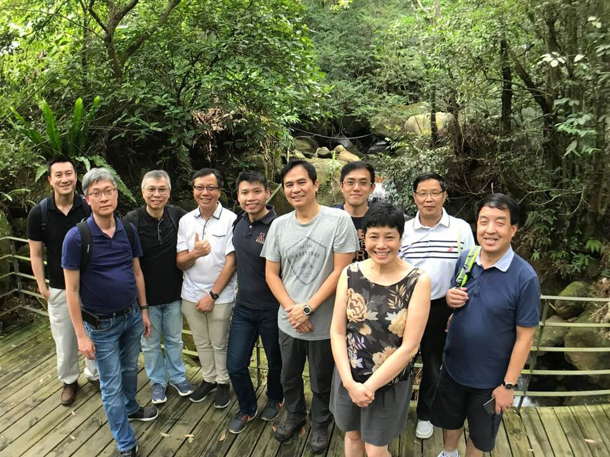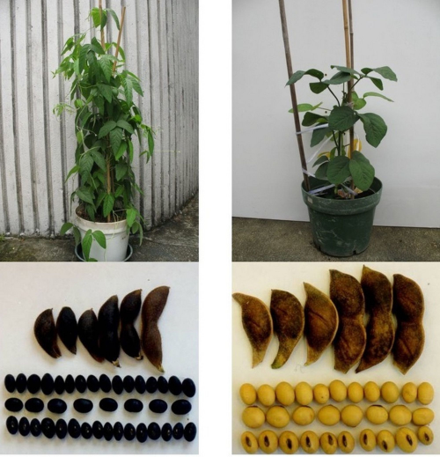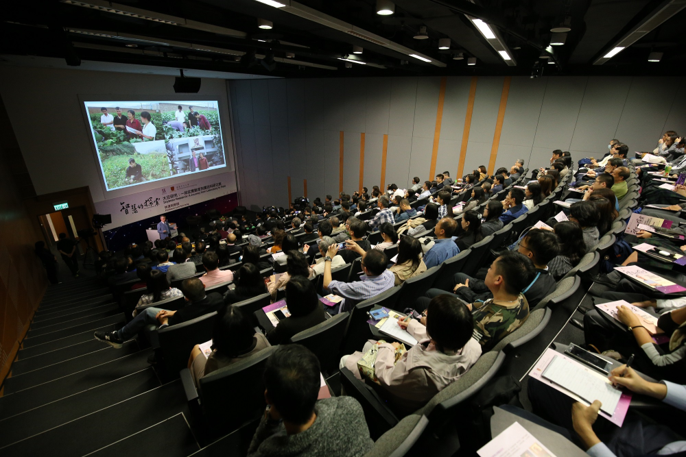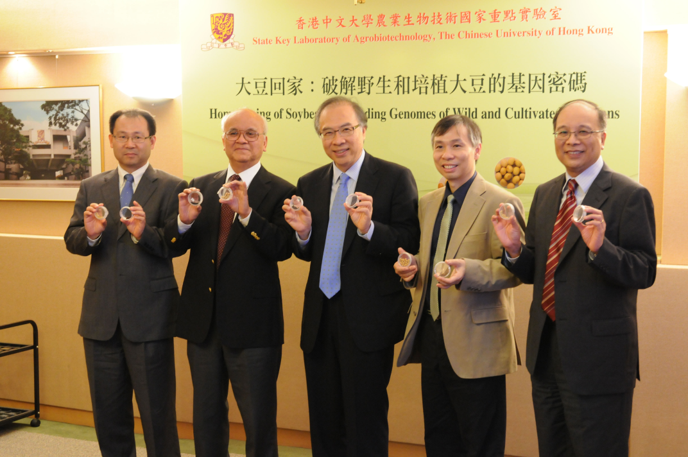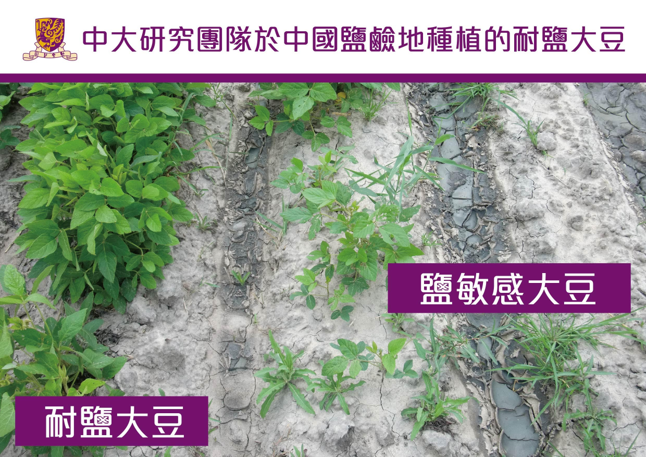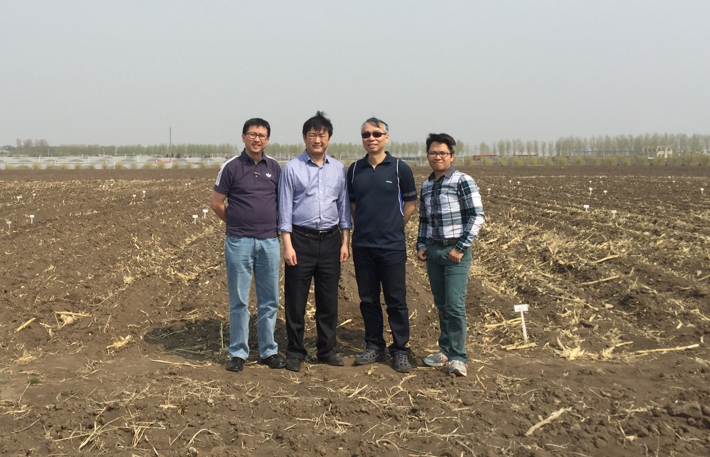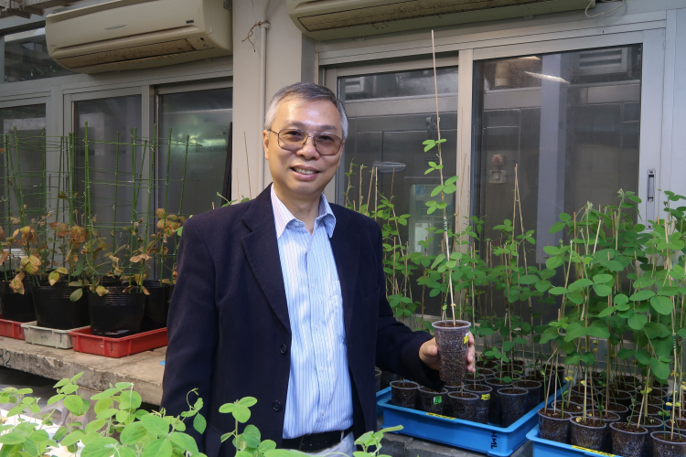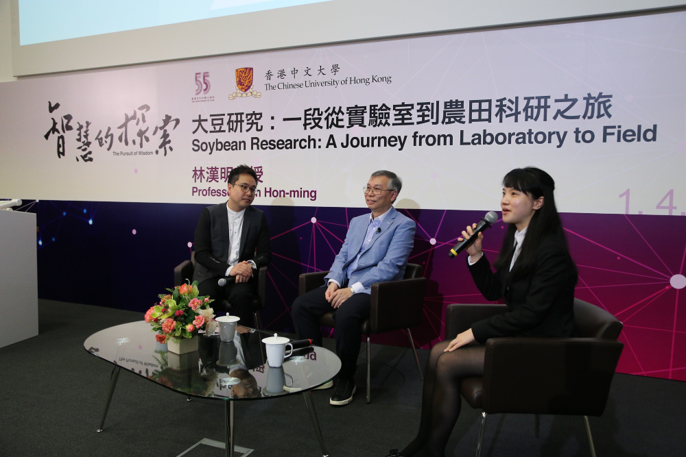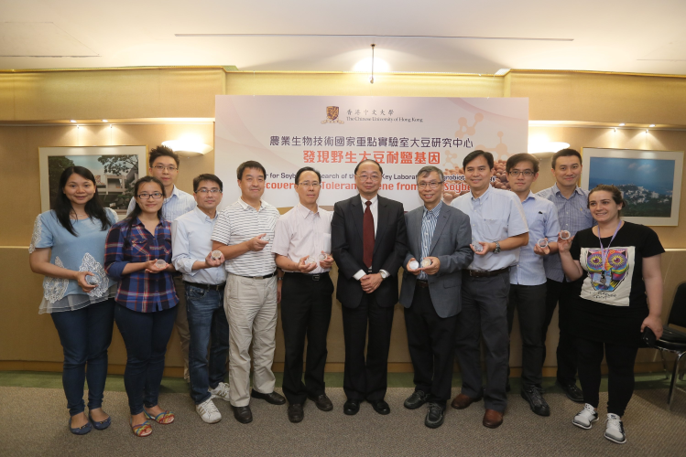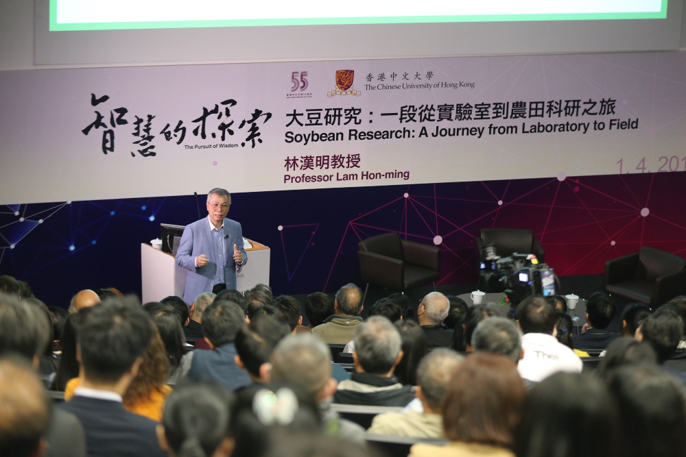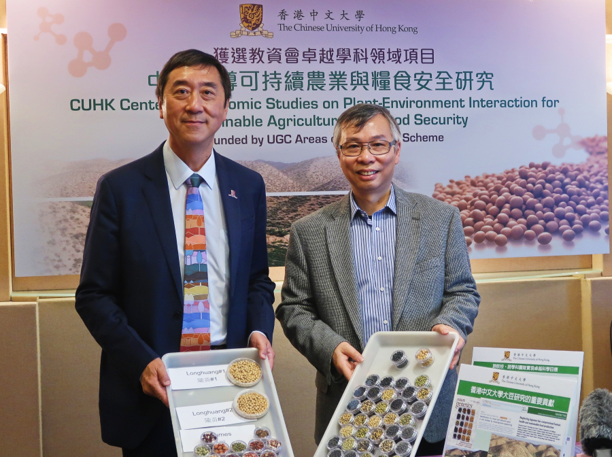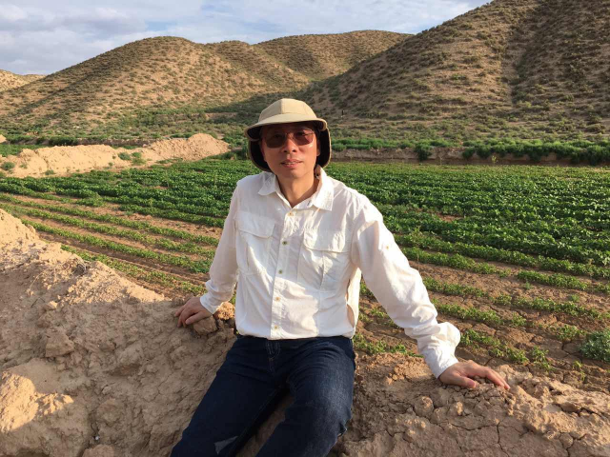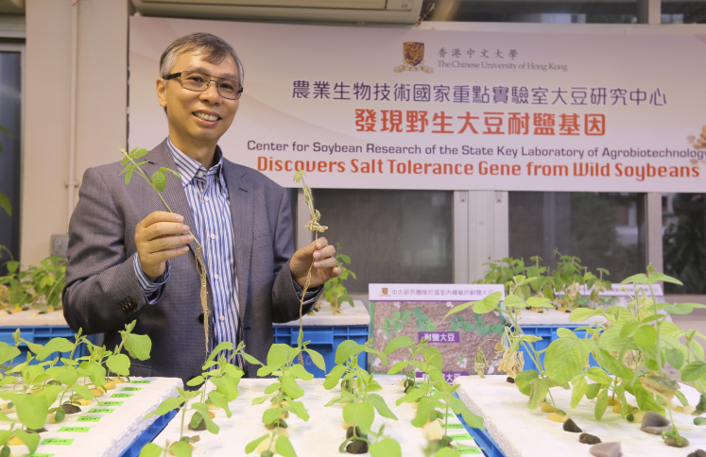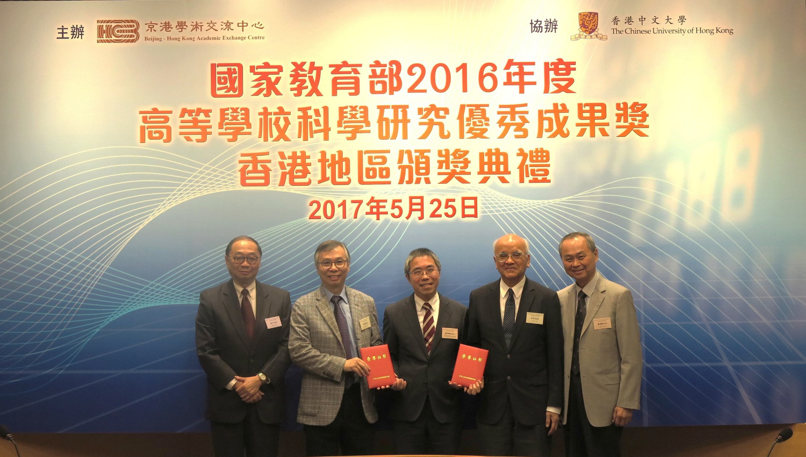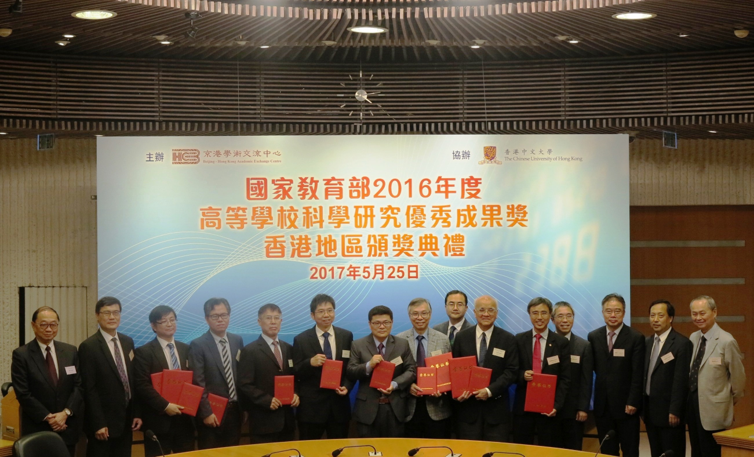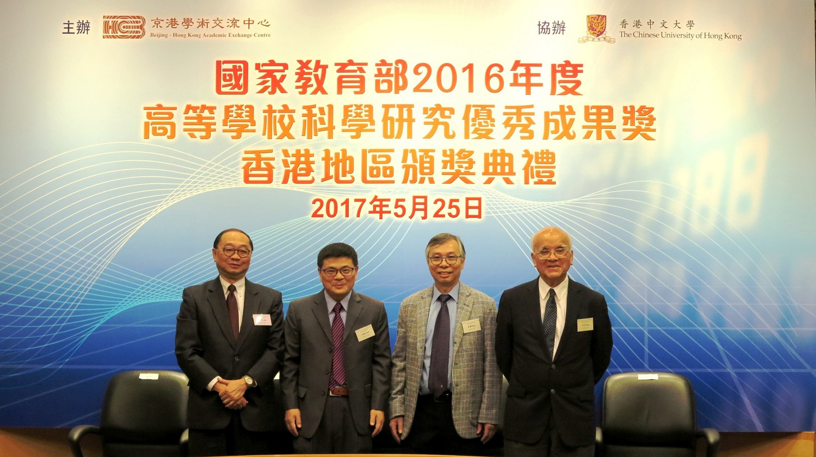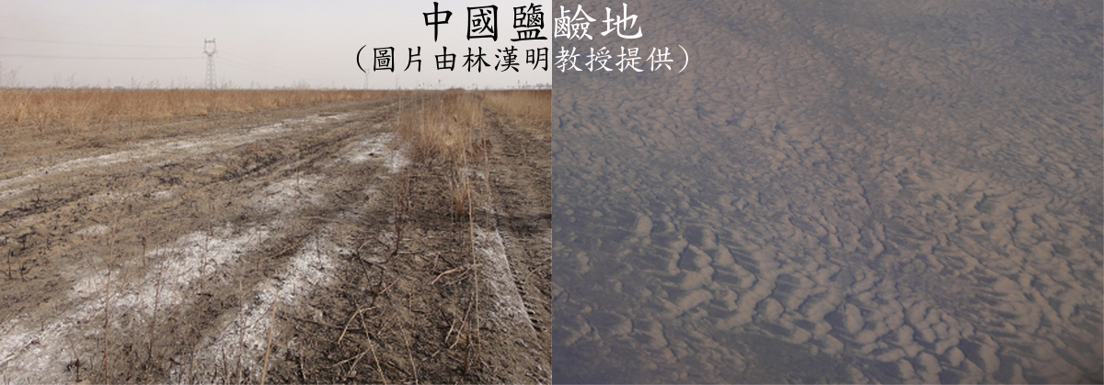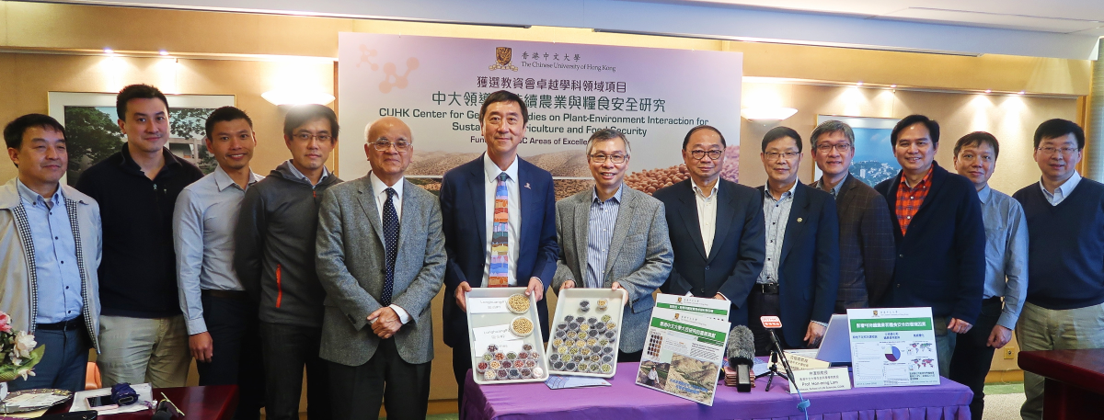INNOVATIONS
Stress Tolerant Soybeans Enable Climate-Smart and Sustainable Agriculture on Marginal Lands in China
Innovations & Impacts
Rich in essential nutrients, soybeans are vital cash crop as food and feed. Soybeans originate from China and have become a popular, sustainable and healthy food option among conscious consumers. However, studies revealed that the country’s domestic supply struggled to meet global demand due to environmental and severe food chain issues.
In 1997, Professor LAM Hon-Ming, Choh-Ming Li Professor of Life Sciences, School of Life Sciences, began researching climate-smart soybean production on marginal land in China. His team discovered wild soybeans as a valuable genetic resource for crop improvement and developed three types of stress tolerant cultivars based on decoded genomes of wild and cultivated soybeans. Since 2016, the new cultivars have passed a three-year regional test and are currently used by farmers in Gansu Province with an accumulative acreage of over 12,400 hectares. Furthermore, Professor LAM’s team also extended their knowledge and expertise globally to help scientists in South Africa replicate a similar soybean cultivation model.
This ground-breaking work has had tremendous economic and social impact on social welfare in China and abroad. The climate-smart soybeans have supported underprivileged farming communities in remote mountainous regions and arable lands that suffered from drought, bringing additional income to the agricultural economy. Soybeans are also known as a natural fertilizer that can restore atmospheric nitrogen to improve soil quality and crop health. The increase of soybean cultivation can help reduce the usage of fertilisers and carbon dioxide emission.
Additionally, Professor LAM’s research has generated waves of positive impact nationally and internationally, where he helped shape global policies on legume cultivation for both human health and sustainable food production. He also participated in community outreach and education events to help raise awareness on sustainable agriculture and the importance of STEAM education in Hong Kong. In 2022, Professor LAM founded a social enterprise Soyvestors Co. Limited as supported by the Sustainable Knowledge Transfer Project Fund (S-KPF) with an aim to promote sustainable agriculture and preserve cultural heritage of soybean.
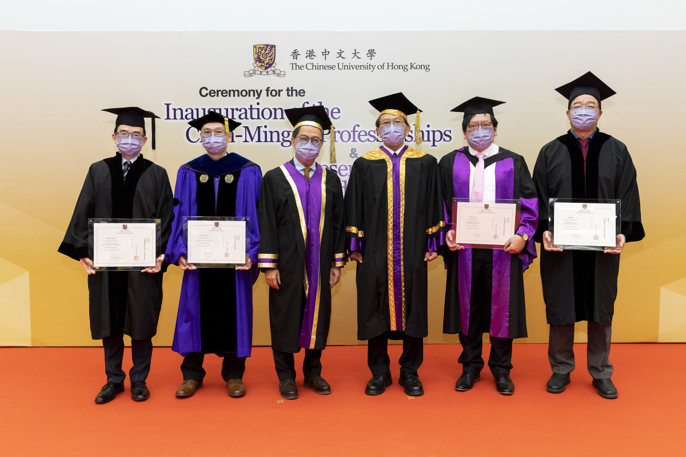
From Research to Market
-

RESEARCH
-

ENTREPRENEURSHIP
-

SOCIAL IMPACT & PUBLIC ENGAGEMENT
As a pioneer in soybean genomic and genetic research, Professor LAM has focused his research on topics like climate-smart and sustainable agriculture, plant and agricultural biotechnology, as well as genomic studies on crop-environment interaction. With the approval of the Ministry of Science and Technology of China, CUHK has established the State Key Laboratory of Agrobiotechnology in 2008. Led by Professor LAM, the laboratory serves to uplift China's agricultural technology, increase agricultural productivity, safeguard national food security, and improve people's nutrition by combining the strength of modern biotechnology and the traditional wisdom of breeders and farmers.
Supported by S-KPF, Professor LAM founded Soyvestors Co. Limited in 2022. The social enterprise aims to promote sustainable agriculture and preserve the cultural heritage of soybean by designing STEM curriculum and educational service that integrates knowledge from biology, geography, liberal studies and humanities. It also strives to develop their own brand of soybean-based food products for the senior food market.
In response to the exam-oriented education system in Hong Kong that leads to the lack of global vision for students in Hong Kong to tackle important global issues comprehensively from different angles, Soyvestors uses soybean as a case in point to demonstrate an interdisciplinary approach to STEAM education through a soybean-based curriculum that delves also into aspects normally covered in Geography, Economics, History, Cultural Studies, and even Domestic Science. In partnership with school teachers, the social enterprise equips our younger generation with broadened horizons to to understand, analyze and consider important global issues from different vantage points.



















